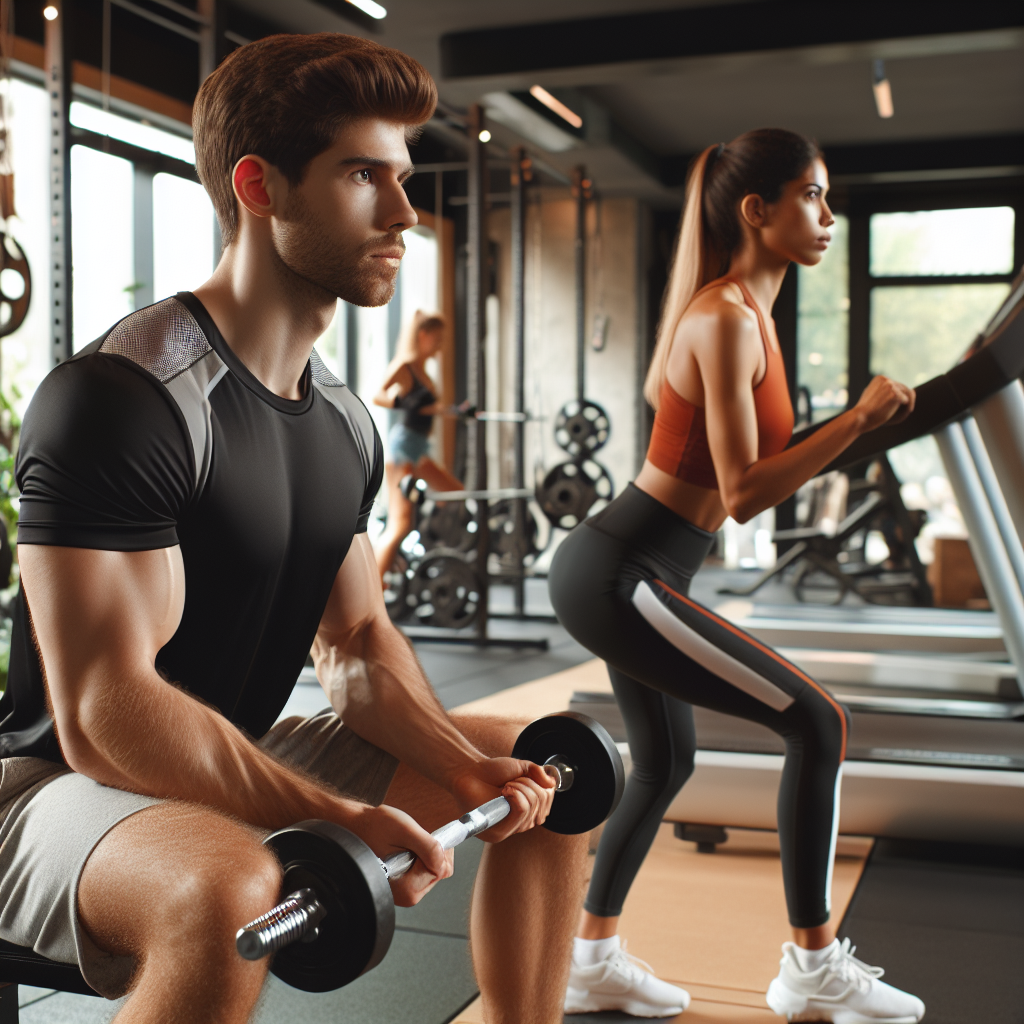What Factors Define a Person’s Lifestyle?
Many factors contribute to shaping an individual’s lifestyle, including their habits, interests, values, and choices. These elements influence how a person spends their time, what they prioritize, and the ways in which they interact with the world around them. To delve deeper into the complexities of what defines a person’s lifestyle, let’s explore each of these factors in more detail.
What Defines a Person’s Lifestyle?
A person’s lifestyle is defined by the way they choose to live their life, encompassing their behaviors, habits, values, and interests. It is a reflection of how individuals spend their time, what activities they engage in, and how they prioritize different aspects of their life.
1. Cultural Background
One of the key factors that define a person’s lifestyle is their cultural background. Cultural norms, beliefs, and traditions play a significant role in shaping an individual’s lifestyle choices, including diet, dress, and social interactions.
2. Socioeconomic Status
Socioeconomic status also plays a crucial role in determining a person’s lifestyle. Factors such as income level, education, and occupation influence the kind of opportunities and resources available to individuals, impacting their choices in housing, leisure activities, and consumer behavior.
3. Personal Values and Beliefs
A person’s lifestyle is often shaped by their personal values and beliefs. These can include attitudes towards health, relationships, work-life balance, environmental sustainability, or social justice, which in turn influence decisions related to diet, exercise, spending habits, and social activities.
4. Geographic Location
The location where a person resides can also impact their lifestyle. Urban dwellers may have different opportunities and preferences compared to those living in rural areas, affecting choices related to transportation, entertainment options, and community involvement.
5. Technology and Media Consumption
In today’s digital age, technology and media consumption habits can significantly shape a person’s lifestyle. Social media, streaming services, and online platforms influence how individuals communicate, stay informed, shop, and entertain themselves, impacting their daily routines and social interactions.
In conclusion, a person’s lifestyle is a complex combination of their cultural background, socioeconomic status, personal values, geographic location, and technology and media consumption habits. Understanding these factors can provide valuable insights into individual choices and behaviors, highlighting the diverse ways in which people navigate their daily lives.
According to a recent study, 75% of individuals believe that their lifestyle choices are influenced by a combination of external factors and personal preferences.
1. What factors contribute to defining a person’s lifestyle?
Several factors contribute to defining a person’s lifestyle, including their habits, preferences, daily activities, social interactions, values, beliefs, and financial situation.
2. Can a person’s lifestyle change over time?
Yes, a person’s lifestyle can change over time due to various reasons such as personal growth, new life circumstances, changing priorities, and external influences.
3. How does culture play a role in defining a person’s lifestyle?
Culture can play a significant role in defining a person’s lifestyle by influencing their traditions, customs, language, food preferences, clothing style, and overall outlook on life.
4. Is lifestyle solely determined by one’s financial status?
No, lifestyle is not solely determined by one’s financial status. While income level can impact lifestyle choices, factors such as personal values, interests, and priorities also play a crucial role.
5. Can societal norms affect a person’s lifestyle?
Yes, societal norms can affect a person’s lifestyle by shaping their behavior, choices, and interactions with others. These norms can vary based on cultural, social, and geographical factors.
6. How do individual preferences influence a person’s lifestyle?
Individual preferences such as food choices, hobbies, entertainment options, and leisure activities can greatly influence a person’s lifestyle and overall quality of life.
7. Does technology impact a person’s lifestyle?
Yes, technology can impact a person’s lifestyle by providing access to information, communication tools, entertainment options, and convenience that shape daily routines and habits.
8. What role do health and wellness play in defining a person’s lifestyle?
Health and wellness play a significant role in defining a person’s lifestyle as they influence choices related to diet, exercise, self-care practices, and overall well-being.
9. How does education contribute to defining a person’s lifestyle?
Education can contribute to defining a person’s lifestyle by influencing their career choices, social interactions, intellectual pursuits, and overall perspective on life.
10. Can a person consciously choose to change their lifestyle?
Yes, a person can consciously choose to change their lifestyle by making deliberate choices, setting goals, developing new habits, seeking support, and embracing personal growth and development.
Conclusion
The lifestyle of an individual is shaped by various factors such as their daily habits, values, beliefs, preferences, and choices. It is a unique expression of who they are and how they choose to live their life. From the foods they eat to the activities they engage in, every aspect of a person’s lifestyle reflects their personality and priorities. In today’s fast-paced world, where social media and consumer culture play significant roles in shaping our behaviors, it is essential for individuals to be mindful of the impact these external influences have on their lifestyle choices. By understanding and evaluating the factors that define their lifestyle, individuals can make conscious decisions to create a life that aligns with their values and brings them fulfillment and happiness.
Ultimately, a person’s lifestyle is a dynamic and ever-evolving aspect of their identity. It is not defined by material possessions or external markers of success, but rather by the choices they make and the values they uphold. By being intentional about the way they live their life, individuals can cultivate a sense of purpose and fulfillment that extends beyond superficial measures of success. Embracing authenticity, mindfulness, and self-awareness are key steps in defining a lifestyle that is truly reflective of one’s innermost desires and aspirations.






